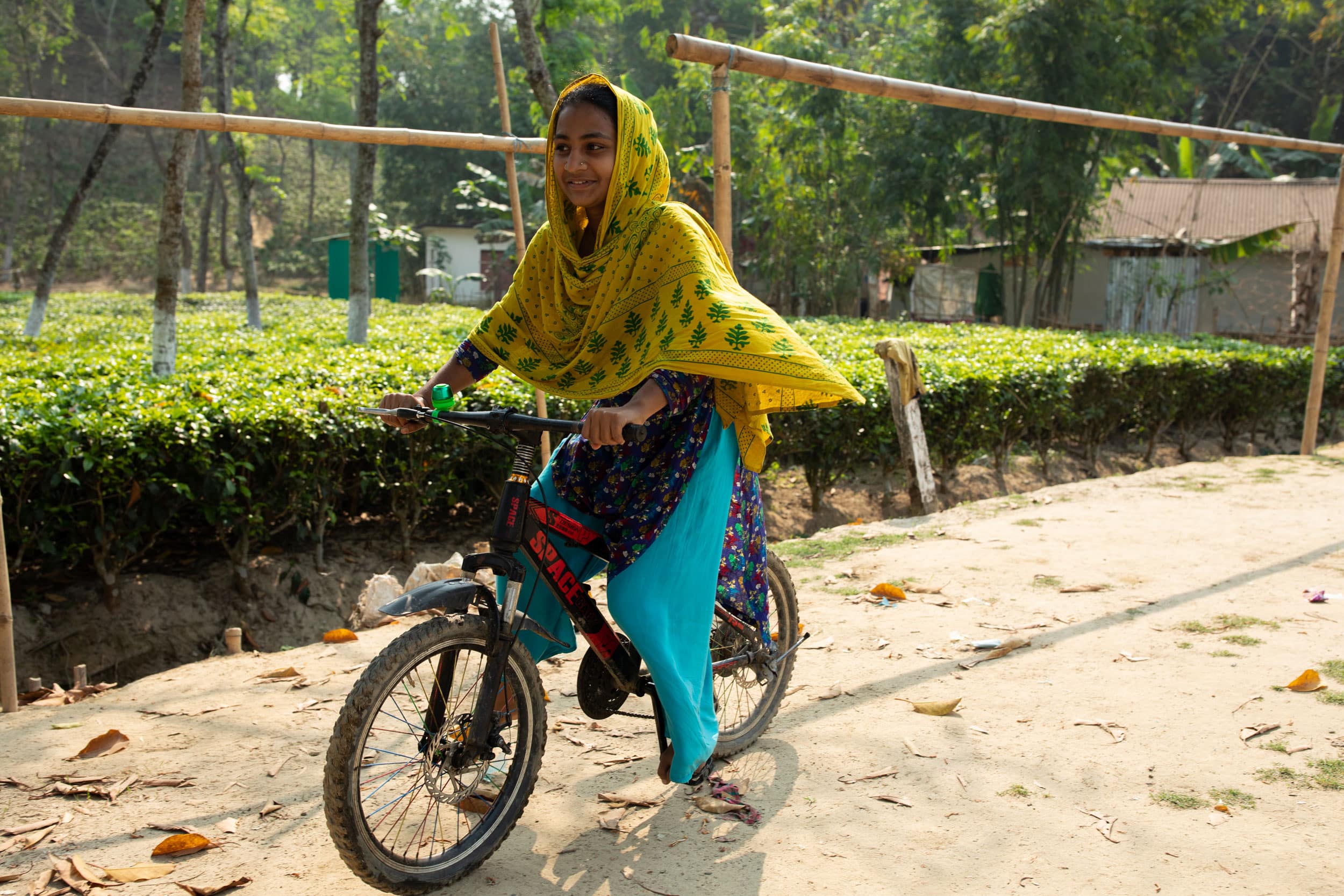Subscribe to CCP's monthly newsletter
Receive the latest news and updates, tools, events and job postings in your inbox every month

Durnibar (“Unbeatable”), a project funded by the UNICEF Cox’s Bazar Humanitarian Programme, aims to reduce the incidence of child marriage in Bangladesh, specifically in the communities in and around where Rohingya refugees have lived in camps since fleeing Myanmar.
A recent study on the impact of the COVID-19 pandemic on child marriage in Cox’s Bazar, a fishing town on the southeast coast of Bangladesh, carried out by the COAST Foundation in Bangladesh, already home to 38 million child brides, found that rates have increased significantly since March 2020. The data show that 63 percent of respondents reported that child marriage increased in their community during the period of the pandemic.
The Durnibar project will combine a mix of approaches to prevent child marriage, including advocacy, capacity strengthening, gender sensitization and community mobilization for collective action. There will be intergenerational dialogues and interactive community theater and the creation of a digital library of child marriage prevention materials.
The project builds on the success of Ujjiban, a five-year integrated effort led by CCP in Bangladesh that ended in September 2022, which gathered pledges from one million people who vowed never to excuse child marriage and committed to doing everything they could to stop others from engaging in the practice. CCP hopes to collect 100,000 similar pledges in Cox’s Bazar and the nearby refugee camps. They also hope to create a solid framework of education and understanding that will lead to changing attitudes and making child marriage less accepted.
The illegal practice is deeply rooted in gender inequity, traditional gender norms, and patriarchal beliefs. Since many families do not value girls as much as they value boys, they marry off their daughters to reduce their economic burden while also controlling their sexuality, their mobility, and their access to opportunities and information. Many families also perceive marriage as a way of protecting girls from street harassment or rape as sexual violence against women and girls is prevalent in Bangladesh.
Girls who are married young are less likely to finish school and more likely to have babies very young, experience complications in pregnancy and childbirth and experience gender-based violence in the context of their marriage. Girls who marry in childhood tend to have less agency and influence in household decisions, including health care decisions for their children.
The Durnibar project will work to address many of the deep-rooted beliefs, attitudes and practices that drive child marriage in these communities.
UNICEF
Bangladesh
2023